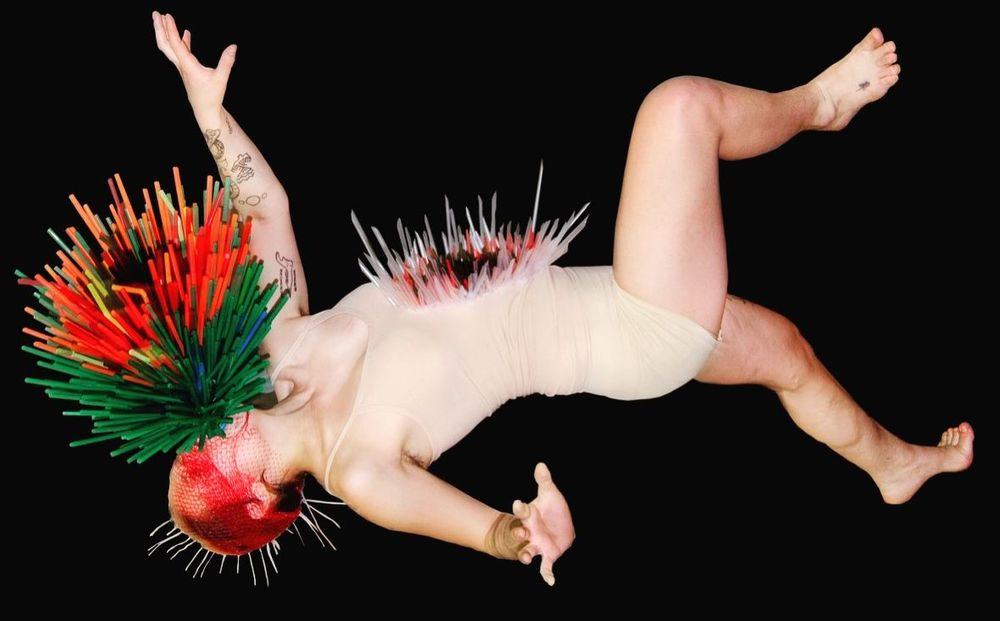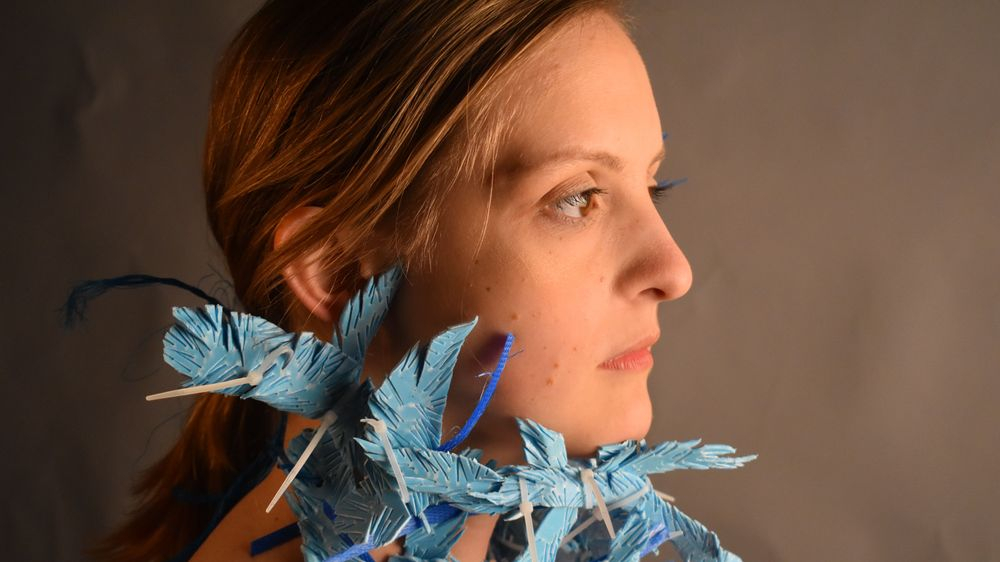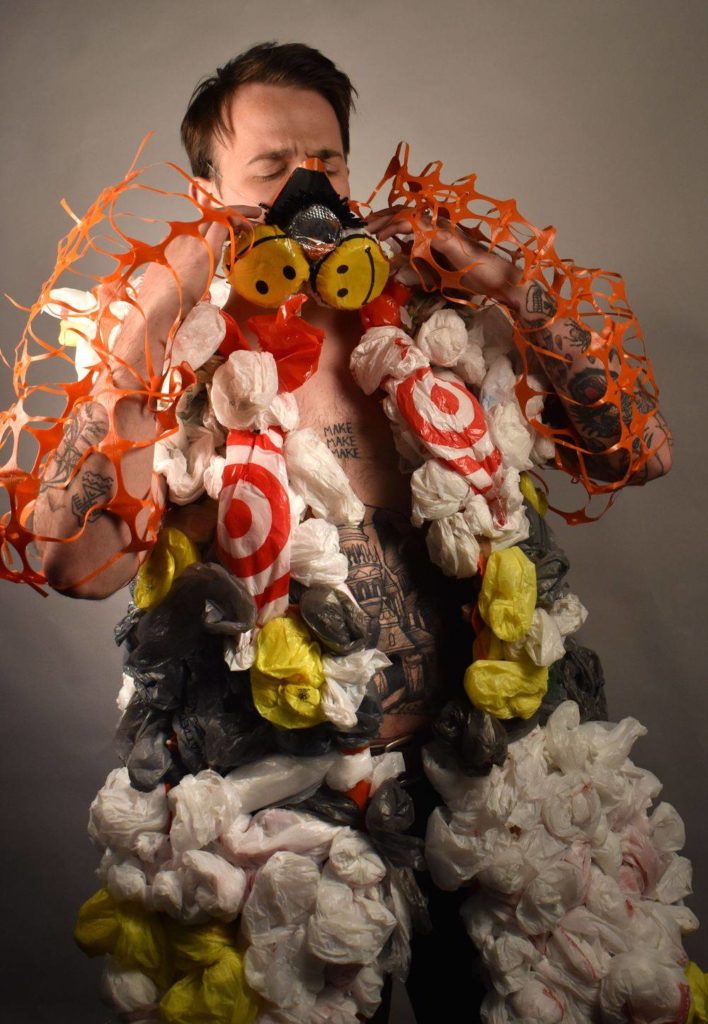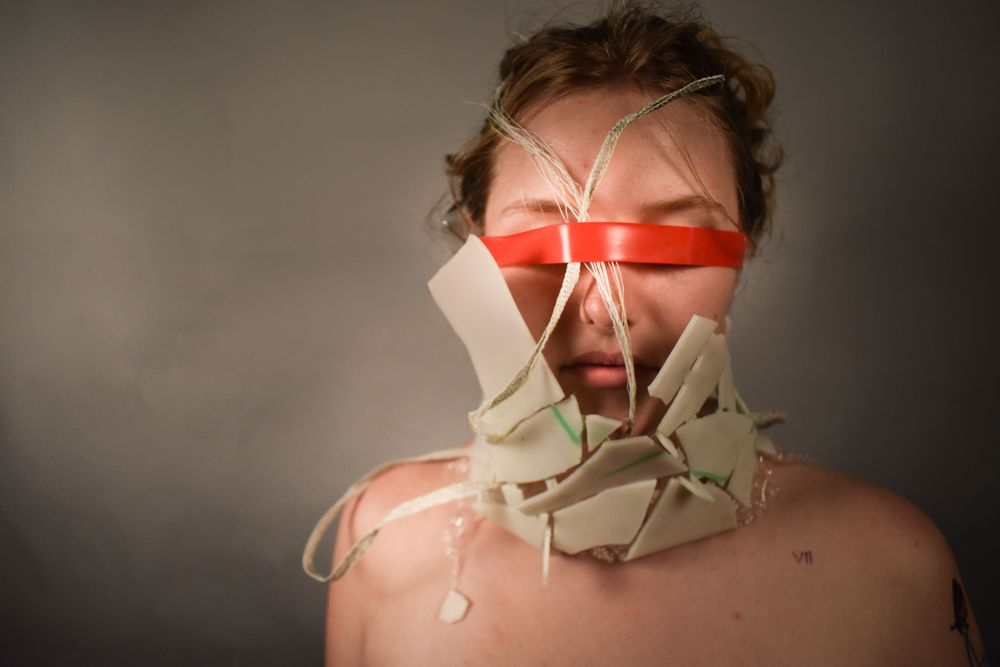Maryannn Worrell is an artist and educator who employs diverse disciplines, subject matter and tactics in devising works that can generate different kinds of knowledge of landscape, our place in it and our responsibility to the growing need for reform. Her work explores the interactive potential of art as a research tool and its capacity for social and environmental change. She works as an independent artist and/or collaborator on various projects which combine art, science and education.
Worrell creates installations, sculpture and mixed media artworks. She investigates the dynamics of the plight of food resources, including manipulations by large corporations and governments, climate change and personal responsibilities, and details the limitations of these resources in a multi-layered system, which may involve the viewer to explore the subject in a physical manner.
Excerpt of Artist Statement:
The ethical and aesthetic challenges posed by the breaking down of ecological subjects, such as climate change, food systems and basic resources, reveal a head-in-the-sand mentality that we have traditionally learned to think. “Not in my lifetime,” is a common response to the plight of the future of our food growing natural resources. Shifting the focus to highlight the subject to the viewer by allowing them to become physically involved with the work through participation, can lead to careful consideration of the challenges of change, but also the need for change. The audience must look to what they can do to make change. When we stop favoring the viewer and implicate him/her, the opportunities to think through ecological issues ethically, aesthetically, and politically, come to the foreground.
After collecting plastic waste for over a year, I have begun to build wearable sculptures which speak to the outrage of plastics filling our oceans and landfills. After many years, these plastics are breaking down into micro-particles.
These particles are now being found in our fish, water, sea salt, poultry, etc. We haven’t learned what the effects of ingesting micro-plastics
This series will be focusing on the negative impact of one-use plastics. 15%of any sales of prints will be donated to the Ocean Conservancy, working to save the World’s oceans.





